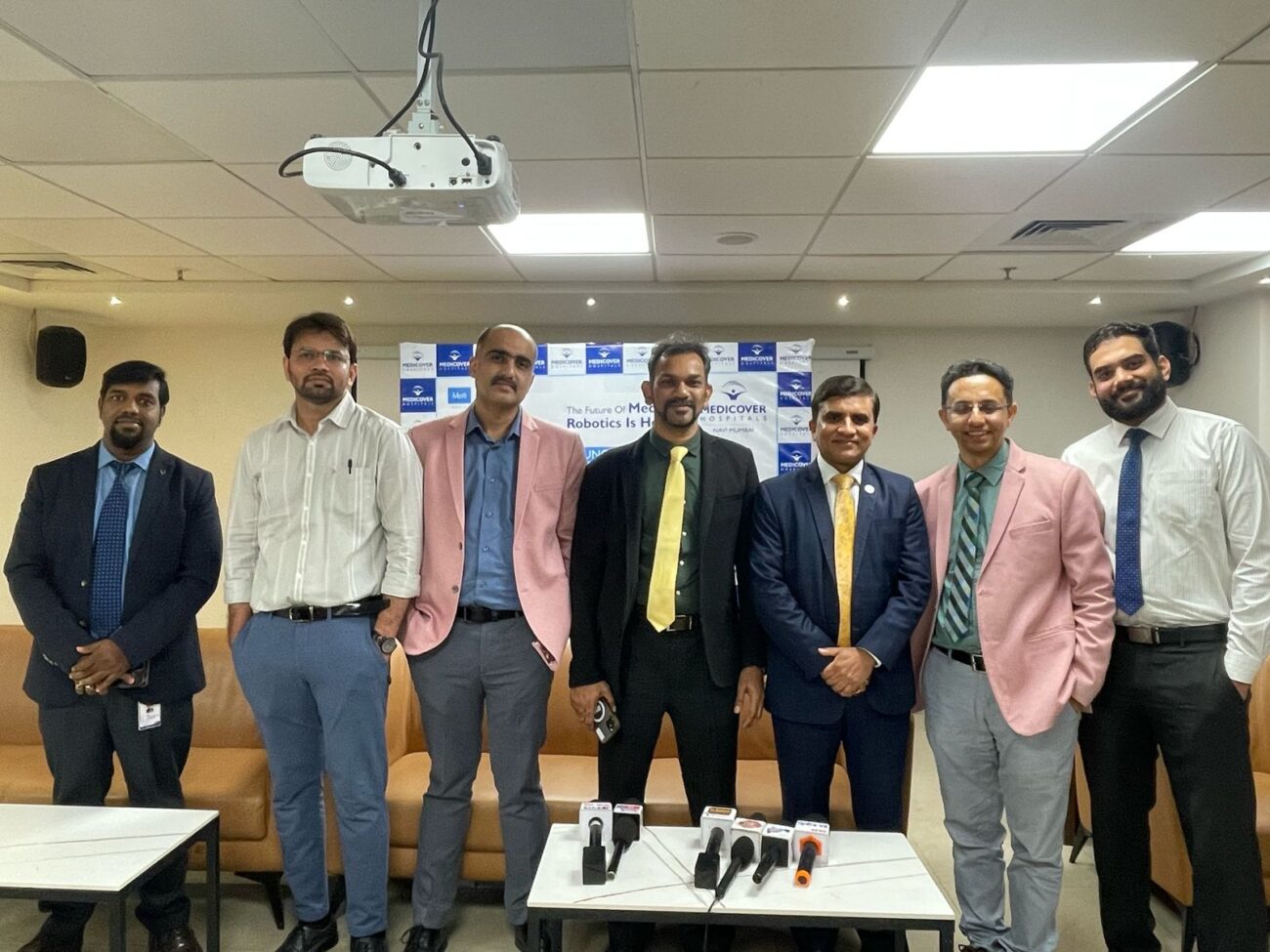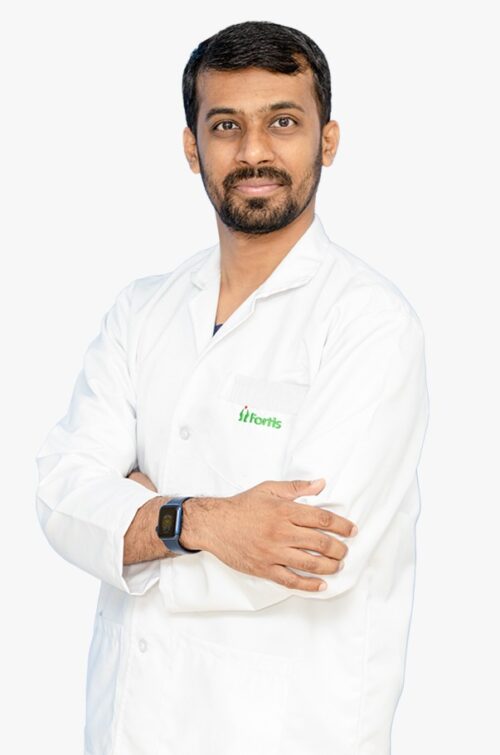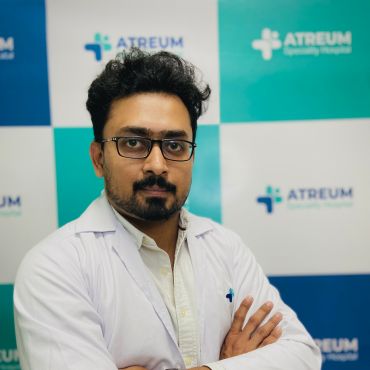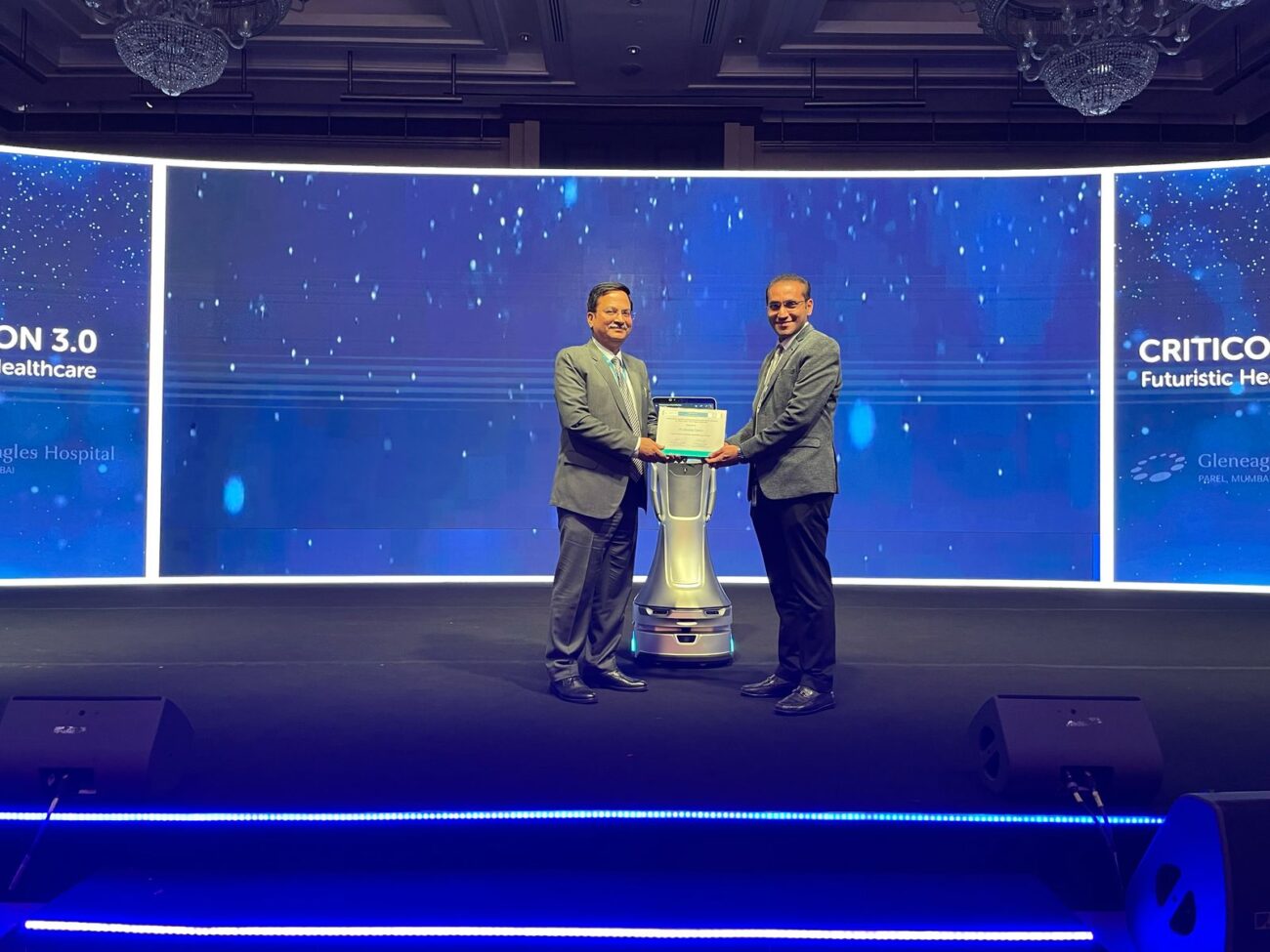New-age technologies revolutionise kidney cancer treatment: Kolkata doctors save a man with cancer in both kidneys, through robotic surgery
The 70-year-old patient survives without needing dialysis The surgeries were done with an advanced robotic system, da Vinci, and firefly technology These technologies give new hope to kidney cancer patients on this World Kidney
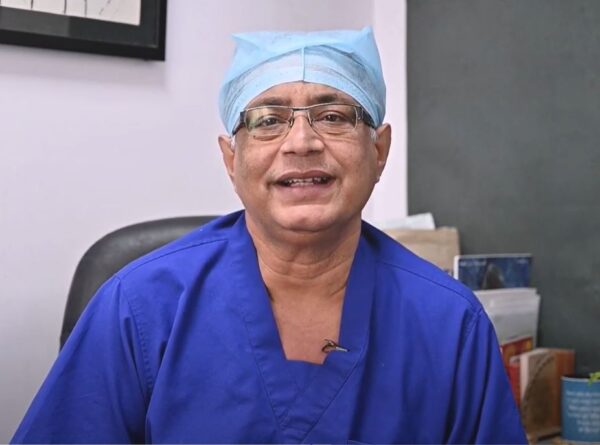
- The 70-year-old patient survives without needing dialysis
- The surgeries were done with an advanced robotic system, da Vinci, and firefly technology
- These technologies give new hope to kidney cancer patients on this World Kidney Cancer Awareness Day
Technological advancements in healthcare have transformed the treatment of kidney cancers. In the past, the standard treatment often involved complete removal of the affected kidney through conventional surgeries, resulting in larger incisions, increased pain, and prolonged recovery periods. However, with the development of advanced minimally invasive technologies like robotic-assisted surgery, doctors are now able to remove only the affected cancerous tissues and preserve the healthy tissues, retaining the functionality of the kidney. In a complex robotic-assisted surgery performed at Apollo Multispecialty Hospital in Kolkata, a team of doctors led by Dr. Tarun Jindal removed kidney cancer from both the kidneys of a 70-year-old patient.
The patient was brought into the hospital due to abdominal discomfort. He underwent an ultrasound scan and the results showed the presence of three kidney tumours, two in the right kidney measuring 4 cm and 3.5 cm and one tumour in the left kidney measuring 4 cm.
Commenting on the complexity of the case, Dr.Tarun Jindal, Senior Consultant, Uro-Oncology and Robotic Surgeon at Apollo Multispecialty Hospital, Kolkata said, “By considering that the patient is old and has tumours in both the kidneys, the medical team decided to go ahead with robotic-assisted surgical procedure by using da Vinci. The three-dimensional vision, dexterity and enhanced precision offered by robotic-assisted surgery enabled us to precisely locate the tumour and remove only the affected tissues. This type of surgical approach, known as partial nephrectomy offered us an additional benefit with the integration of firefly technology. This feature helps doctors identify the particular blood vessel supplying to the tumour and selectively clamp it, allowing blood flow to the rest of the kidney, minimising the overall damage.
Dr. Tarun Jindal further elaborated, “Bilateral kidney tumours can also be removed through conventional methods, but it comes with certain limitations. With other modalities, the patient would have had to go through two different surgical procedures, one followed by the other, months later, after recovering from wound infection. But in this case, through robotic –assisted surgery, following the successful removal of the tumour from the left kidney, the patient was repositioned for the removal of the right kidney. This way, we could reduce the number of surgical interventions and trauma to the tissues. Only 5 to 6 mm of the kidney tissues in the left kidney were removed and over 90 per cent of the kidney was saved. As a result, the patient recovered soon and was discharged in only four days.”
Months after undergoing surgery for kidney cancer, the patient required another procedure to remove a gallstone. Dr. Partha Pratim Sen, Robotic Surgeon at Narayana Superspeciality Hospital, Howrah, who performed the surgery said, “Considering the condition of the patient, delaying treatment for the gall bladder stone could have potentially led to severe complications, including issues in the pancreas. Therefore, it was crucial for the patient to undergo another surgery soon. In cases like these, where the patient is old and has previously undergone major surgery like kidney cancer surgery, there are significant risks involved. However, we could safely go ahead with the surgery due to two reasons. One, the patient’s swift recovery from the previous surgery as it was done with robotic assistance, and the second, we could use one of the most advanced robotic surgery system Da Vinci for the second surgery. As robotic assisted surgery requires only minimal incisions, the patient was able to recover well, with less blood loss, less wound infection and improved post – operative outcomes”.
Commenting on his faster recovery, the 70-year-old patient said, “I’m extremely grateful to the team of doctors at Apollo hospital for helping me recover from kidney cancer in a single procedure. Undergoing two surgical procedures at my age would have posed significant challenges and prolonged my recovery. Thanks to advanced technology and the expertise of the doctors, I recovered well without any complications.”



